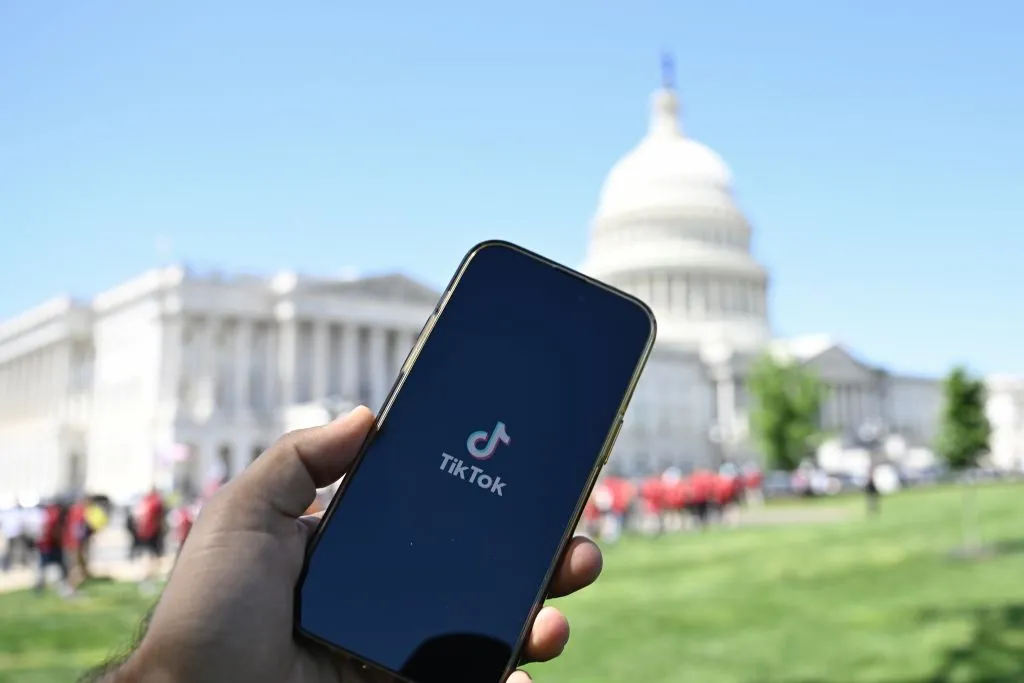
TikTok has initiated a challenge against a new U.S. law that potentially bans the social media platform, arguing that it violates the First Amendment. The company has presented hundreds of pages of detailed communications with the U.S. government, including presentations aimed at mitigating national security risks, which it claims were largely disregarded by lawmakers when they enacted the restrictive law.
The contentious piece of legislation, known as the Protecting Americans from Foreign Adversary Controlled Applications Act, would prohibit TikTok’s operations in the U.S. unless it disengages from its Chinese parent company, ByteDance, by January 19, 2025. The president can slightly extend this deadline if there’s evident progress towards an agreement. However, detaching TikTok from ByteDance is complex, considering the small number of potential buyers and Chinese export laws that would likely block the sale of its prized recommendation algorithm.
Supporters of the legislation argue that divestiture is essential for national security. They are concerned that the Chinese government could potentially access U.S. user data or influence ByteDance to manipulate TikTok’s recommendation algorithms to spread propaganda.
TikTok, in its defense, argues that the government failed to consider less restrictive alternatives before advancing with a broad legislative measure. The company insists that it has proactively addressed U.S. national security concerns through a comprehensive plan that was presented over multiple years but was overlooked during the legislative process. In its filings to the DC Circuit Court, TikTok, along with a group of platform creators who have filed a similar lawsuit, elaborated on why they believe the new law infringes on free speech rights.
These filings reveal TikTok’s extensive engagement with the U.S. government, which includes detailed risk mitigation plans. For instance, the company outlined in one presentation to the Committee on Foreign Investment in the United States (CFIUS) how its algorithm recommends content to users and discussed measures to protect U.S. user data from unauthorized access. Notably, TikTok proposed the establishment of a “Dedicated Transparency Center” in collaboration with Oracle, which would allow a specific group of U.S.-based TikTok employees to access the source code in a secure computing environment, explicitly barring ByteDance employees from entry.
In addition to these efforts, TikTok submitted a draft National Security Agreement to CFIUS, proposing the creation of TikTok US Data Security Inc., a subsidiary dedicated to managing U.S. user data operations with significant oversight by CFIUS agencies. Despite these initiatives, including the implementation of its $2 billion Project Texas aimed at enhancing data security, recent reports question the project’s effectiveness, describing it as “largely cosmetic.”
Lawmakers supporting the law argue that divestiture is essential for safeguarding national security. However, TikTok contends that the law is an unprecedented action by Congress to shut down a specific platform for speech, thus silencing a vast amount of speech in one legislative act. The company criticizes the law for not being narrowly tailored to achieve its stated objectives, essentially using a “sledgehammer” approach where a “scalpel” might have been sufficient.
As the case progresses, with oral arguments scheduled for September 16, the court will examine whether the government could have pursued less speech-restrictive measures to achieve its national security goals.
Related News:
Featured Image courtesy of STEFANI REYNOLDS/AFP via Getty Images
